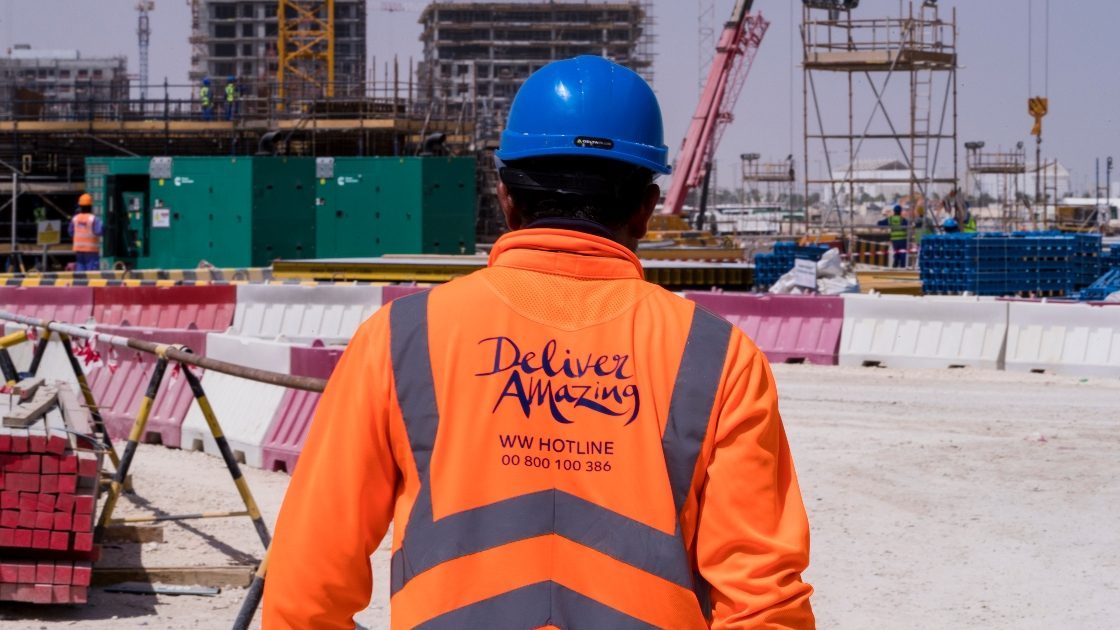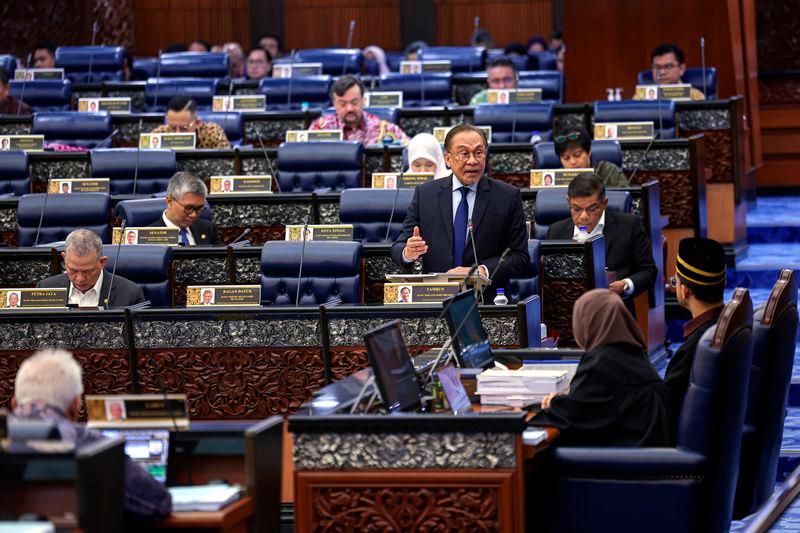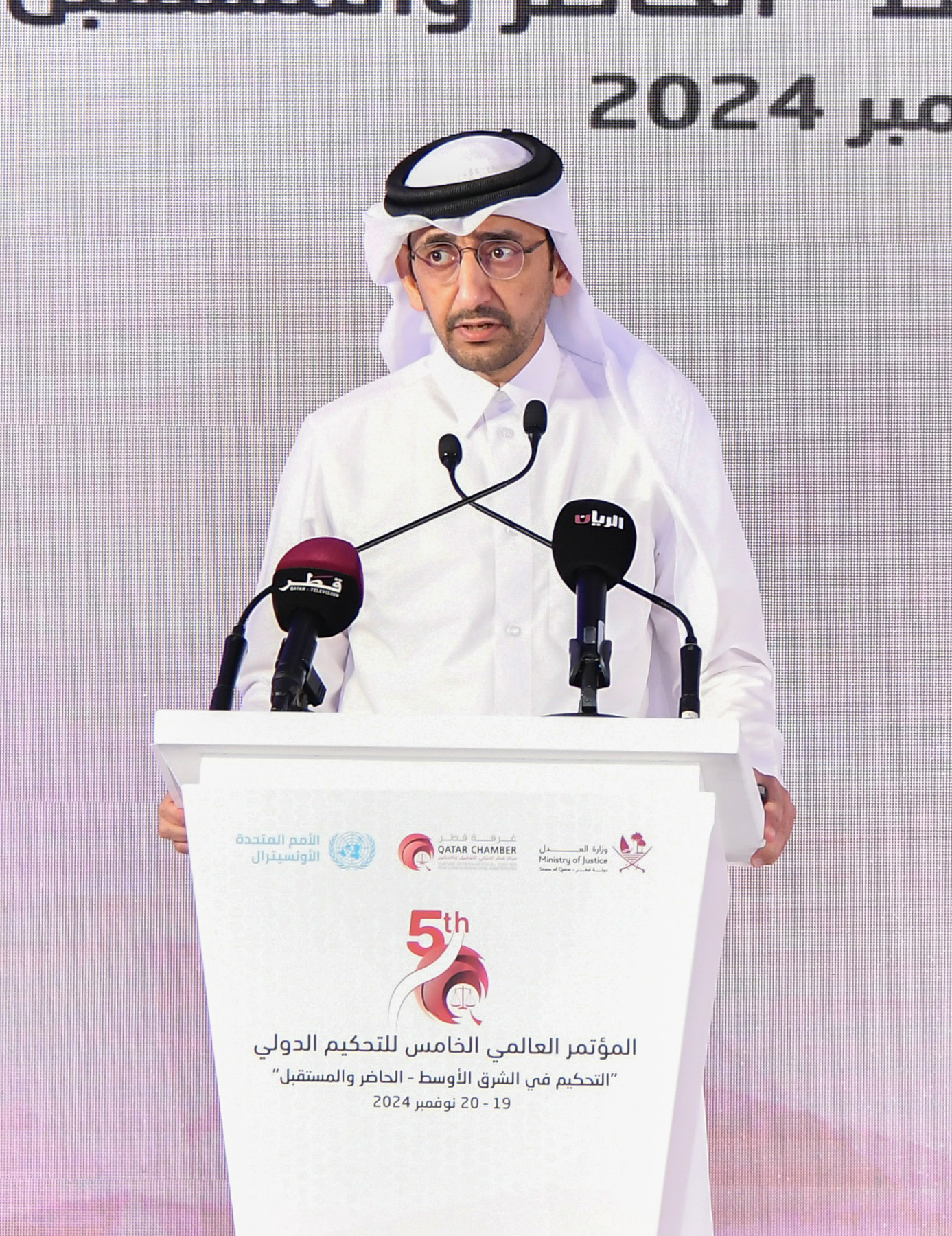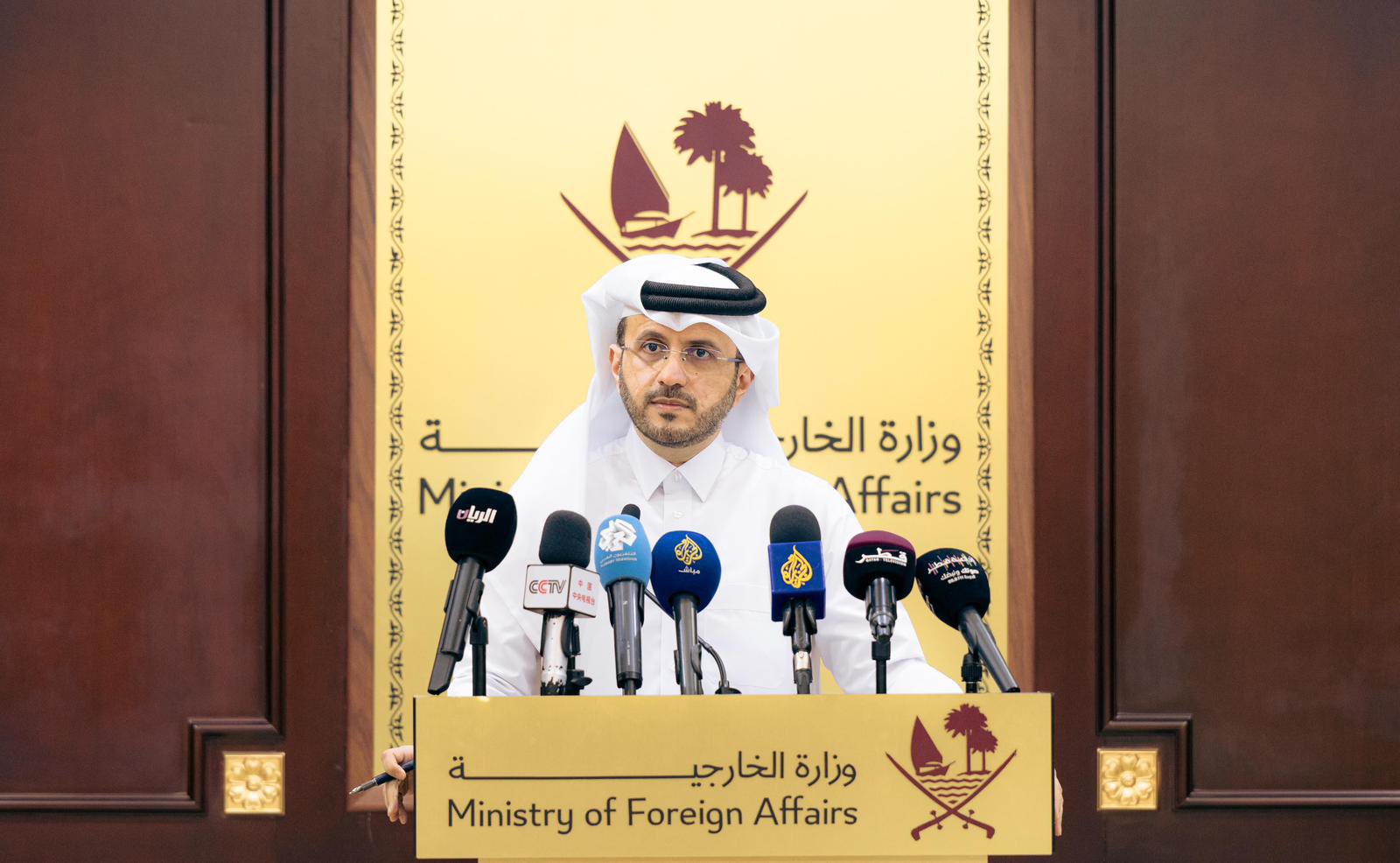This programme aims to identify underlying health issues at an early stage for workers.
More than 42,600 FIFA World Cup Qatar 2022 employees have undergone a health screening programme run by the Supreme Committee for Delivery & Legacy (SC) as of August, the body said.
The report “Promoting health and wellbeing among the migrant workforce – A global call to action,” published by the World Innovation Summit for Health (WISH 2022), describes this as a first-of-its-kind healthcare initiative on a significant construction programme in the region, enabling more effective healthcare data management for workers.
Regardless of where they are working, employees can access their own medical records and share them with their doctor thanks to the electronic medical records software.
In collaboration with the Qatar Red Crescent Society (QRCS), SC launched the comprehensive medical screening (CMS) programme in 2018 to give workers a thorough physical examination that includes a mental health assessment.
“These screenings ensure that workers are fit to work before being mobilised on site, that they are well-suited for their tasks, and that they receive appropriate care plans in case of any medical issues,” said the report.
This programme aims to identify underlying health issues at an early stage so that workers can receive effective medical care and maintain optimal health.
FIFA reacts to international recognition
Meanwhile, the International Trade Union Confederation (ITUC )’s remarks on workers’ rights in Qatar have been welcomed by FIFA as additional confirmation of the advancements made in recent years with the football governing body’s assistance.
The ITUC noted that Qatar had made outstanding strides in improving its treatment of foreign workers and that since 2016, there had been a change from the previous situation with reform laws, better wages, and better living conditions.
Additionally, it stated that it had received assurances that labour inspections would be stepped up during the FIFA World Cup in Qatar in 2022, including additional health and safety inspections to safeguard workers from exploitation.
‘Minimum wage improved workers’ lives’
The latest developments come as Dr. Mohammed bin Saif Al Kuwari, Vice-Chairman of the National Human Rights Committee (NHRC), said Qatar’s government’s introduction and implementation of a non-discriminatory minimum wage has improved the standard of living for workers and their families.
The non-discriminatory minimum wage of QAR 1,000 in Qatar went into effect on March 2021, and it applied to all employees, regardless of nationality, in all industries, including domestic workers.
In addition, the employer is required to provide QAR 300 per month for food and QAR 500 per month for accommodation, unless otherwise provided by the employer.
“During my visit to labour camps as NHRC Vice-Chairman, I received very positive feedbacks from workers about their situation in Qatar. They told me that the money they earned in Qatar helped them improve their social status in Qatar and in their home country.”
According to the vice-chairman of the NHRC, workers reported that their living conditions and those of their families had improved. He claimed that the workers have benefited from the measures.
He also alleged that the labour accommodation complexes were equipped with all amenities and necessities.
He gave the international-standard Labor City in Mesaimeer as an example, noting that it has 100,000 workers and a total area of over 2 million square metres. The housing complex offers amenities like a hospital, clinics, shopping centre, cricket stadium, movie theatres, dining options, and other services.
According to Al Kuwari, organisations and people with vested interests are behind the human rights campaign against Qatar, and believes that they are bogus, baseless claims.
However, the reality and testimonies of many workers does not reflect these statements.
Criticism and reforms
Qatar has received a barrage of criticism for its track record in its treatment of migrant workers, with scrutiny exacerbating in recent weeks as the World Cup looms around the corner.
Over the last decade, Qatar has seen a number of historic labour reforms to address such concerns.
However, in recent months, there has been a slew of new complaints about working hours, compensation, and a variety of other issues. Some workers who spoke to Doha News say they have received no response despite filing complaints.







